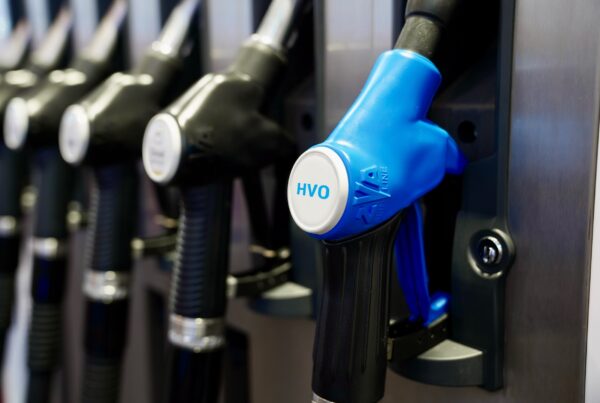The German Finance Minister, Christian Lindner, plans to reform the car tax to promote the production of e-fuels. E-fuels are synthetic fuels made from renewable energy and are intended to serve as a climate-friendly alternative to conventional fuels. Lindner believes that e-fuels can be an important component of the energy transition and will play a central role in achieving climate goals.
More incentives for climate-friendly mobility
Lindner proposes that cars powered by e-fuels should pay lower car taxes than cars running on conventional fuels. This should create an incentive to switch to e-fuels and promote production. Lindner also wants to align the car tax more strongly with the CO2 emissions of vehicles, to set incentives for more climate-friendly mobility.
The planned reform of the car tax is part of a larger package of measures to promote the production of e-fuels in Germany. This includes the promotion of research and development as well as the expansion of infrastructure for the production and distribution of e-fuels.
Criticism and approval from experts
Lindner’s plans are met with approval from some experts and associations, but also with criticism. Critics fear that a lower car tax for e-fuel cars represents discrimination against other climate-friendly drives, such as electric cars. It is also argued that the promotion of e-fuels could hinder investment in alternative drives such as battery-electric and hydrogen vehicles.
Overall, the planned reform of the car tax is seen as an important step towards more climate-friendly mobility. However, it remains to be seen how the reform will be implemented in practice and how the production of e-fuels will develop.




